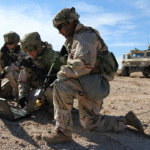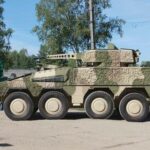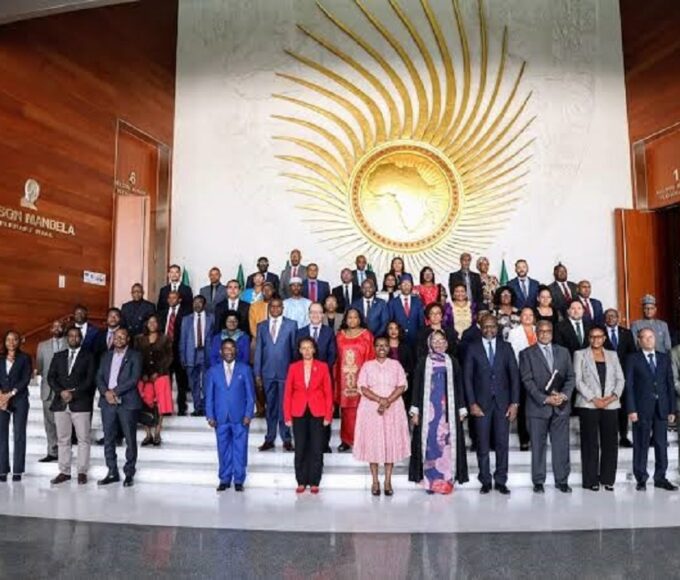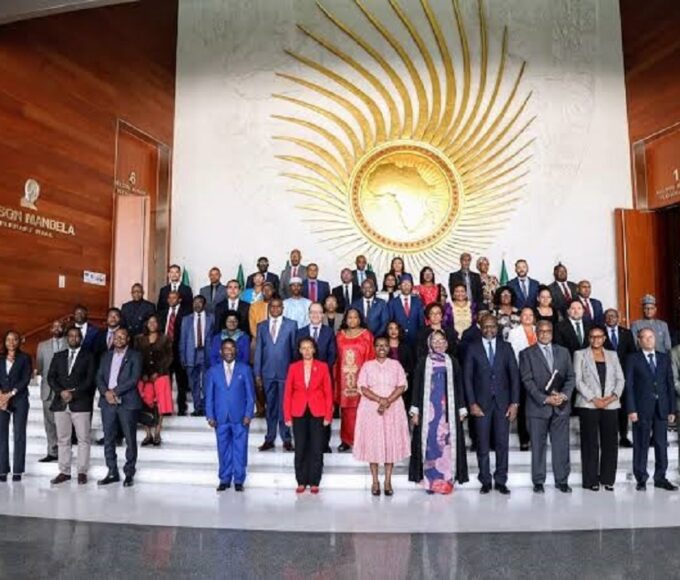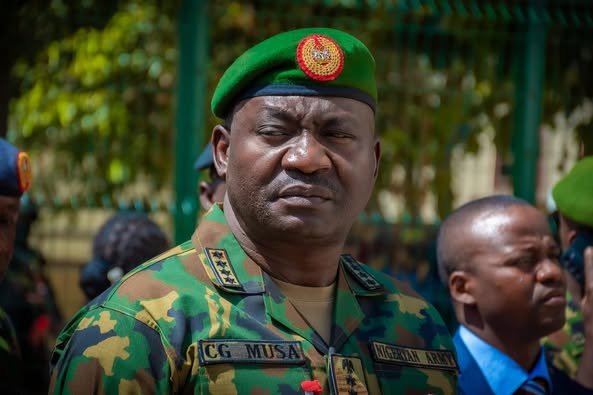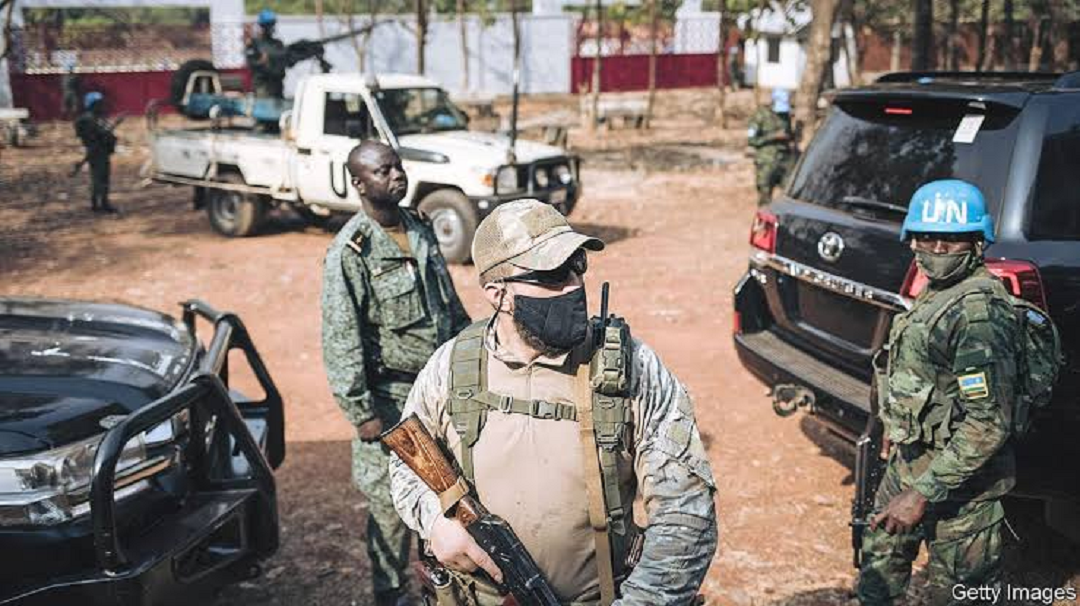
RUSSIA’S WAGNER LEGACY IN AFRICA POST-PRIGOZHIN
In the diamond fields of the Central African Republic, Yevgeny Prigozhin’s shadow still lingers. Two years after the Wagner Group’s leader died in a fiery plane crash on August 23, 2023 just weeks after his failed mutiny against the Kremlin his empire has not vanished. Instead, it has been reborn. Wagner’s patchwork of mercenary deals and resource grabs has given way to a new creature: the Africa Corps, a state-sanctioned force under Russia’s Ministry of Defence. What began as a freelance paramilitary venture trading guns for gold has evolved into Moscow’s sharpest tool for projecting power across Africa. As juntas rise and Western troops retreat, the question is no longer whether Russia’s shadow endures, but how deeply it has sunk into the Sahel’s sands and Sudan’s battlefields.
Wagner’s African campaign began in 2017, extending Moscow’s post-Cold War playbook into fragile states hungry for security without Western strings attached. Prigozhin an oligarch-turned-warlord with a taste for trolling the West saw opportunity where others saw collapse. In the Central African Republic, Wagner fighters propped up President Faustin-Archange Touadéra in exchange for diamond concessions. By 2019, they had spread into Mali, where jihadists roamed, and Sudan, where gold lay in abundance amid civil strife. Wagner offered more than soldiers: online disinformation amplified its presence, while resource deals funnelled billions back to Moscow. At its peak, the group fielded more than 5,000 fighters across a dozen states, turning Africa into a geopolitical playground.
Related Article: AFRICAN UNION SECURITY SUMMIT CONCLUDES WITH BOLD PLEDGES ON PEACE, REFORM, AND GLOBAL EQUITY
The illusion shattered in summer 2023. Prigozhin’s mutiny marching toward Moscow with 25,000 men to challenge Defence Minister Sergei Shoigu exposed the limits of Wagner’s autonomy. The rebellion fizzled, but the subsequent plane crash that killed Prigozhin and his lieutenants reeked of Kremlin payback. Contracts wavered, fighters grumbled, and rumours of withdrawal spread from Bamako to Bangui. Yet instead of burying Wagner, the chaos gave Putin an opening: fold the group’s operations into state hands and strip away the veneer of deniability.
By early 2024, the Africa Corps emerged as Wagner’s official successor. Staffed by ex-Wagner veterans, GRU operatives, and Ministry of Defence recruits, the Corps operates openly under Kremlin command, with salaries paid from the state budget rather than shadowy slush funds. Recruitment ads on Telegram offer signing bonuses of up to $2,000 and steady combat pay. By mid-2024, the Corps had absorbed most of Wagner’s African footprint, from Libya’s oil crescent to Mozambique’s insurgent north.
Nowhere is this more visible than in the Sahel’s coup belt Mali, Niger, and Burkina Faso where anti-Western sentiment runs high. Wagner’s arrival in Mali in 2021, replacing French forces, was marred by atrocities and battlefield blunders, including a July 2024 ambush in Tinzawaten that killed dozens of Malian troops and contractors. By June 2025, Wagner had formally bowed out, but the Africa Corps stepped in seamlessly, training local forces and guarding gold convoys. In Niger, Corps advisors fortified the post-coup junta against regional pressure, while Burkina Faso welcomed Russian trainers in 2024. These partnerships go beyond counterterrorism: they are lifelines for embattled regimes, trading mining rights for arms, intelligence, and political cover in a region where illicit gold accounts for much of the economy.
Further south and east, the Corps has inherited Wagner’s crown jewels. In the Central African Republic, Wagner’s original hub, transition talks drag on while diamonds continue to bankroll Russian operations Prigozhin’s son even attended Touadéra’s 2024 inauguration. In Sudan, Wagner’s $2.5 billion gold empire collapsed amid civil war, but Corps elements have trickled back, supporting the Rapid Support Forces in Khartoum. Libya remains another stronghold, where by early 2025 Wagner had handed over entirely to the Corps, securing oil infrastructure under Khalifa Haftar’s watch. Even in Chad and Mauritania, sporadic deployments signal expansion, underscoring how Russia’s reach has grown rather than shrunk since Prigozhin’s death.
The costs are steep. Human rights groups accuse the Corps of replicating Wagner’s worst abuses indiscriminate bombings, forced labour in mines, and disinformation campaigns that inflame anti-Western sentiment. In Mali alone, Wagner-linked forces were blamed for more than 1,000 civilian deaths. Economically, Africa’s resources continue to flow outward: Russia’s gold imports from the continent rose 20% in 2024, funding the Ukraine war while starving local economies. Geopolitically, Moscow’s presence undermines multilateralism, emboldening juntas that expel UN peacekeepers while courting BRICS membership. With China eyeing the same terrain and the U.S. shifting toward great-power competition, Africa risks becoming a multipolar proxy battlefield.
Prigozhin’s ghost may be gone, but his legacy has not been buried. It has been institutionalized, reborn as a state instrument and amplified across the continent. The Wagner story is no longer about a mercenary empire gone rogue it is about Russia’s calculated gamble to turn Africa into the next front of its global rivalry with the West. Whether Africa becomes Moscow’s forever warzone or finds space to push back may define not only regional futures, but the balance of power in the 21st century.
King Richard Igimoh, Group Editor ALO
King Richard Igimoh, Group Editor African Leadership Organisation is an award-winning journalist, editor, and publisher with over two decades of expertise in political, defence, and international affairs reporting. As Group Editor of the African Leadership Organisation—publishers of African Leadership Magazine, African Defence & Security Magazine, and Africa Projects Magazine—he delivers incisive coverage that amplifies Africa’s voice in global security, policy, and leadership discourse. He provides frontline editorial coverage of high-profile international events, including the ALM Persons of the Year, the African Summit, and the African Business and Leadership Awards (ABLA) in London, as well as the International Forum for African and Caribbean Leadership (IFAL) in New York City during the United Nations General Assembly.
Recent Posts
Categories
- Air & Aerospace16
- Border Security15
- Civil Security4
- Civil Wars4
- Crisis5
- Cyber Security8
- Defense19
- Diplomacy19
- Entrepreneurship1
- Events5
- Global Security Watch6
- Industry8
- Land & Army8
- Leadership & Training5
- Military Aviation5
- Military History27
- Military Speeches1
- More1
- Naval & Maritime9
- Resources2
- Security12
- Special Forces1
- Systems And Technology9
- Tech6
- Uncategorized3
- UNSC1
- Veterans6
- Women in Defence9
Related Articles
AFRICAN UNION SECURITY SUMMIT CONCLUDES WITH BOLD PLEDGES ON PEACE, REFORM, AND GLOBAL EQUITY
The 38th Ordinary Session of the African Union (AU) Assembly in Addis...
ByKing Richard Igimoh, Group Editor ALOSeptember 29, 2025AFRICAN UNION SECURITY SUMMIT CONCLUDES WITH BOLD PLEDGES ON PEACE, REFORM, AND GLOBAL EQUITY
The 38th Ordinary Session of the African Union (AU) Assembly in Addis...
ByKing Richard Igimoh, Group Editor ALOSeptember 26, 2025General Musa Leads Civil-Military Reset in Nigeria
Under General Musa’s Watch, Nigeria’s Military Reimagines Civil-Military Relations at Landmark...
ByKing Richard Igimoh, Group Editor ALOJune 23, 2025Orphans of War: Rebuilding Lives After Conflict in Africa
In the wake of armed conflicts, children often bear the brunt of...
Byadmag_adminMay 31, 2025



